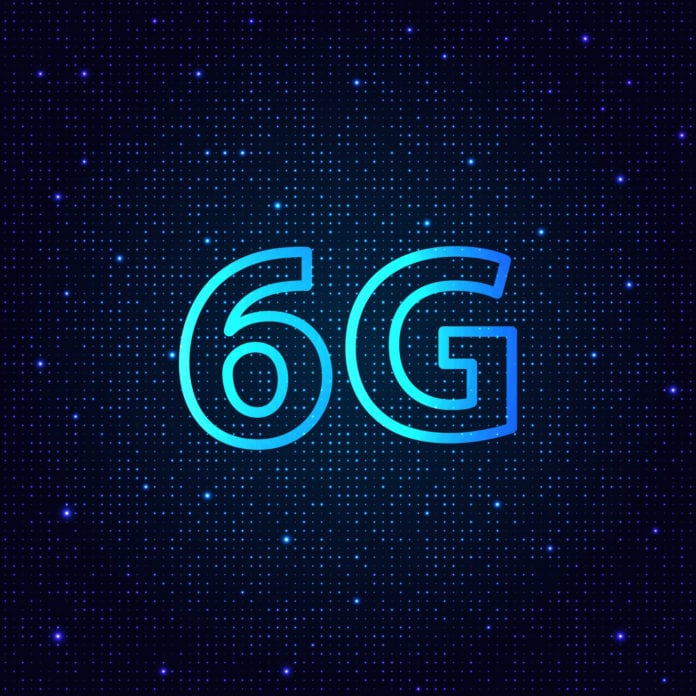The European vendor noted that the funding for 6G-ANNA will come from the German Federal Ministry of Education and Research
Nokia announced it will lead 6G-ANNA, a German national-funded 6G lighthouse project, the company said in a release, adding that it will collaborate with the 29 partners in 6G-ANNA with the aim of driving 6G research and standardization. The initiative kicked off on July 1, 2022.
The European vendor noted that the funding for 6G-ANNA will come from the German Federal Ministry of Education and Research with an aim of strengthening German and European 6G agendas and driving global pre-standardization activities from a German and European perspective. 6G-ANNA is part of the larger “6G Platform German” national initiative and has a total volume of 38.4 million euros ($38.7 million) with a duration of three years.
As part of the initiative, Nokia will work closely with the consortium, which includes partners from industry, startups, research institutes and universities in Germany.
Within 6G-ANNA, Nokia will focus on designing an end-to-end 6G architecture and work with other project partners on three key technology areas: 6G access, network of networks, and automation and simplification. Selected topics such as sub-networks, XR and real-time digital twinning will be implemented and presented as proof of concepts.
In addition, the vendor will interact with the German ecosystem, including four academic “6G Hubs” with more than 60 university chairs. Beyond Germany, 6G-ANNA aims to interact with other major 6G flagship projects in Europe and the U.S. to shape global 6G standards.
Peter Merz, head of Nokia Standards, said: “We are honored to lead 6G-ANNA, the most important government-funded 6G lighthouse project in Germany. While the first 6G networks are not expected to be commercially available before 2030, we are already laying the technical foundation with 5G-Advanced, as well as long-term innovation that will drive 6G developments.”
5G Advanced is expected to develop 5G to its fullest capabilities and is an important stepping stone for some of the use case capabilities that the industry wants to enable at a larger scale in the 6G era, Mikko Uusitalo, head of Radio Systems Research Finland at Nokia Bell Labs and lead for European 6G Flagship Hexa-X, previously told RCR Wireless News.
“With 5G-Advanced, AI/ML will be introduced to many parts of the network at many layers and in many functions. From the optimization of beam forming in the radio layer to scheduling at the cell site with self-optimizing networks, all using AI/ML to achieve better performance at lower complexity. In 6G, Nokia expects AI/ML will go from an enhancement to a foundation by taking a clean slate approach, where we do away with the complexity, and let AI/ML figure out how to best communicate between two endpoints,” Uusitalo said.
Commenting on the potential features of future 6G networks, he noted that in the 6G era, the digital, physical and human world will seamlessly fuse to trigger extrasensory experiences. Uusitalo highlighted that Intelligent knowledge systems will be combined with robust computation capabilities to make humans endlessly more efficient.

